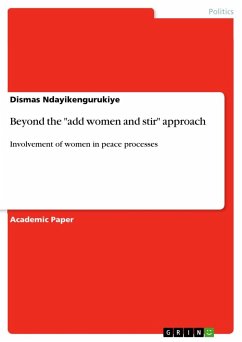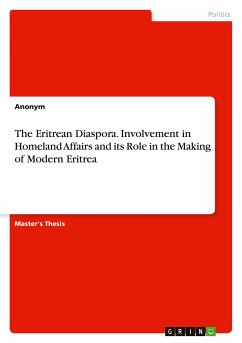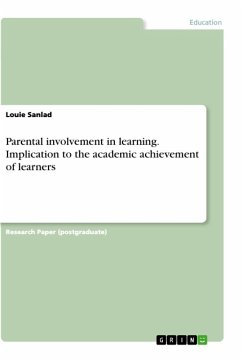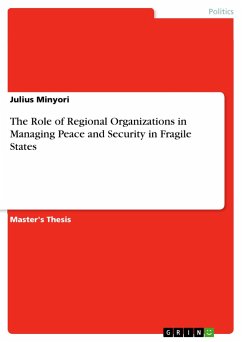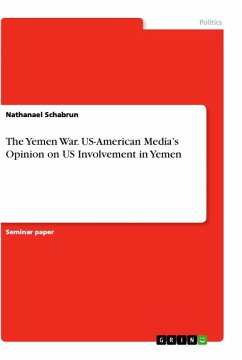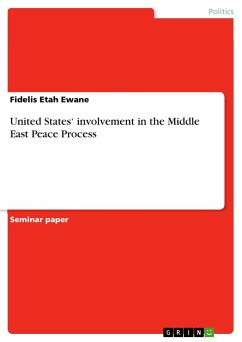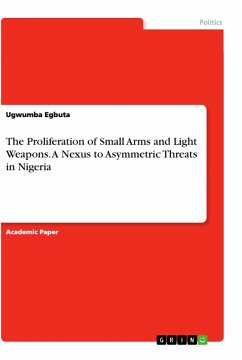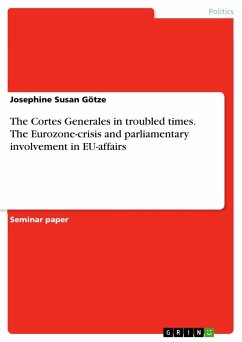Academic Paper from the year 2018 in the subject Politics - Topic: Peace and Conflict, Security, Trinity College Dublin - The University of Dublin (Irish School of Ecumenics), course: Gender War and Peace (EM 7436), language: English, abstract: The author of this work attempts to demonstrate that cultural gender inequalities and discrimination hinder woman involvement in peace processes and that woman involvement will always be limited unless these cultural norms are changed.The work begins with the debate on the rationale for adding women in peace processes. Then the author attempts to explain how peace processes can lead to social transformation. To conclude, the author illustrates the underpinnings of the arguments made in this work by exploring the experiences of women, both in formal peace talks and post-conflict contexts in Burundi and Afghanistan.Concerted efforts pushing for the inclusion of women in all levels of the formal peace processes initiatives have resulted in the adoption of the United Nations Security Council Resolution 1325 on Women and Peace and Security in 2000. Though women remain underrepresented, the UNSCR 1325 has contributed in promoting a gender-sensitive approach to peace processes and slightly increased the number of female participants in peace processes. However, many scholars have argued that in most cases, the implementation of the UNSCR 1325 has just been the trend to apply the "add women and stir" approach which assumes that solely the presence of women in peace processes is not only necessary but also sufficient to elicit favourable peace outcomes for both men and women.
Hinweis: Dieser Artikel kann nur an eine deutsche Lieferadresse ausgeliefert werden.
Hinweis: Dieser Artikel kann nur an eine deutsche Lieferadresse ausgeliefert werden.

